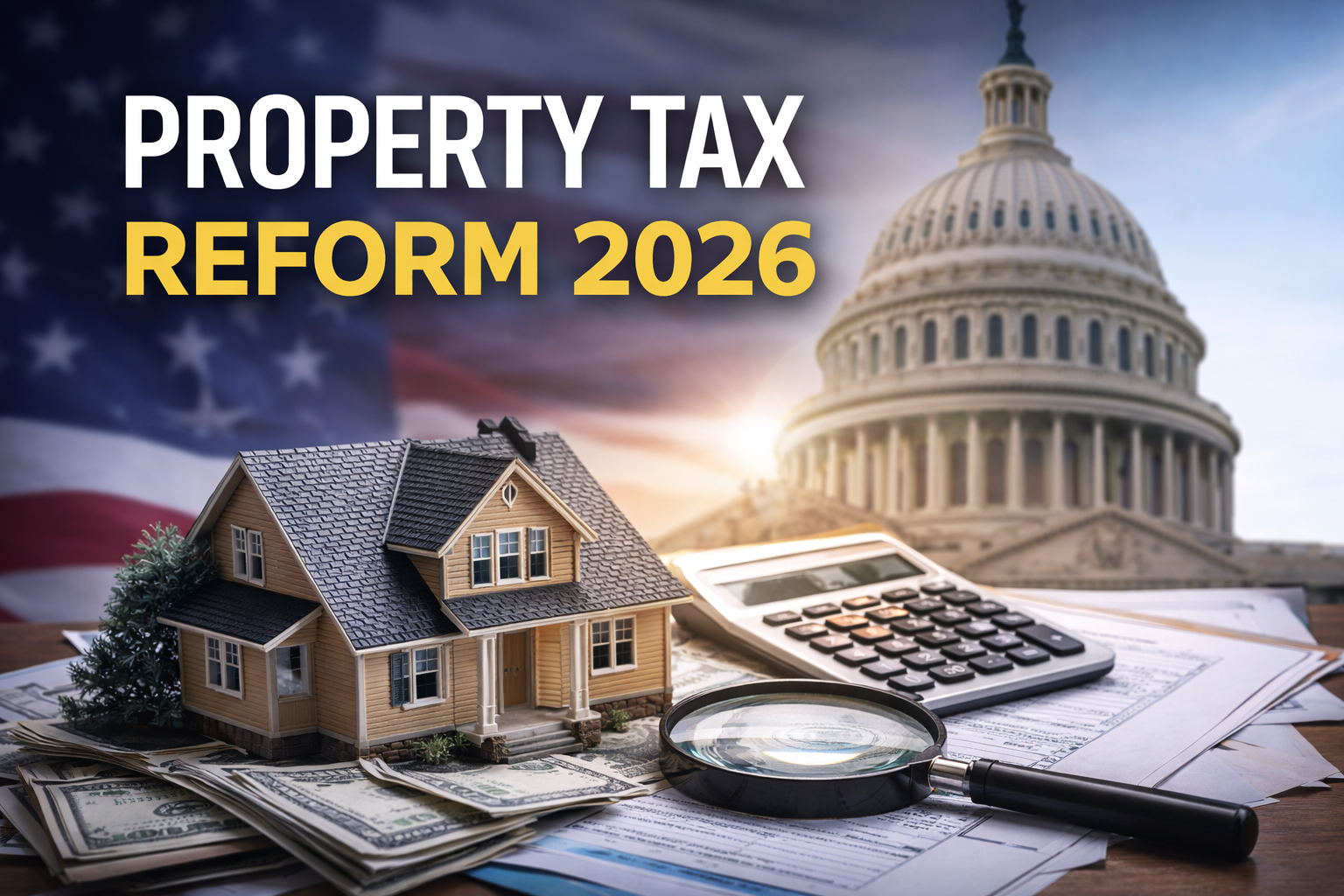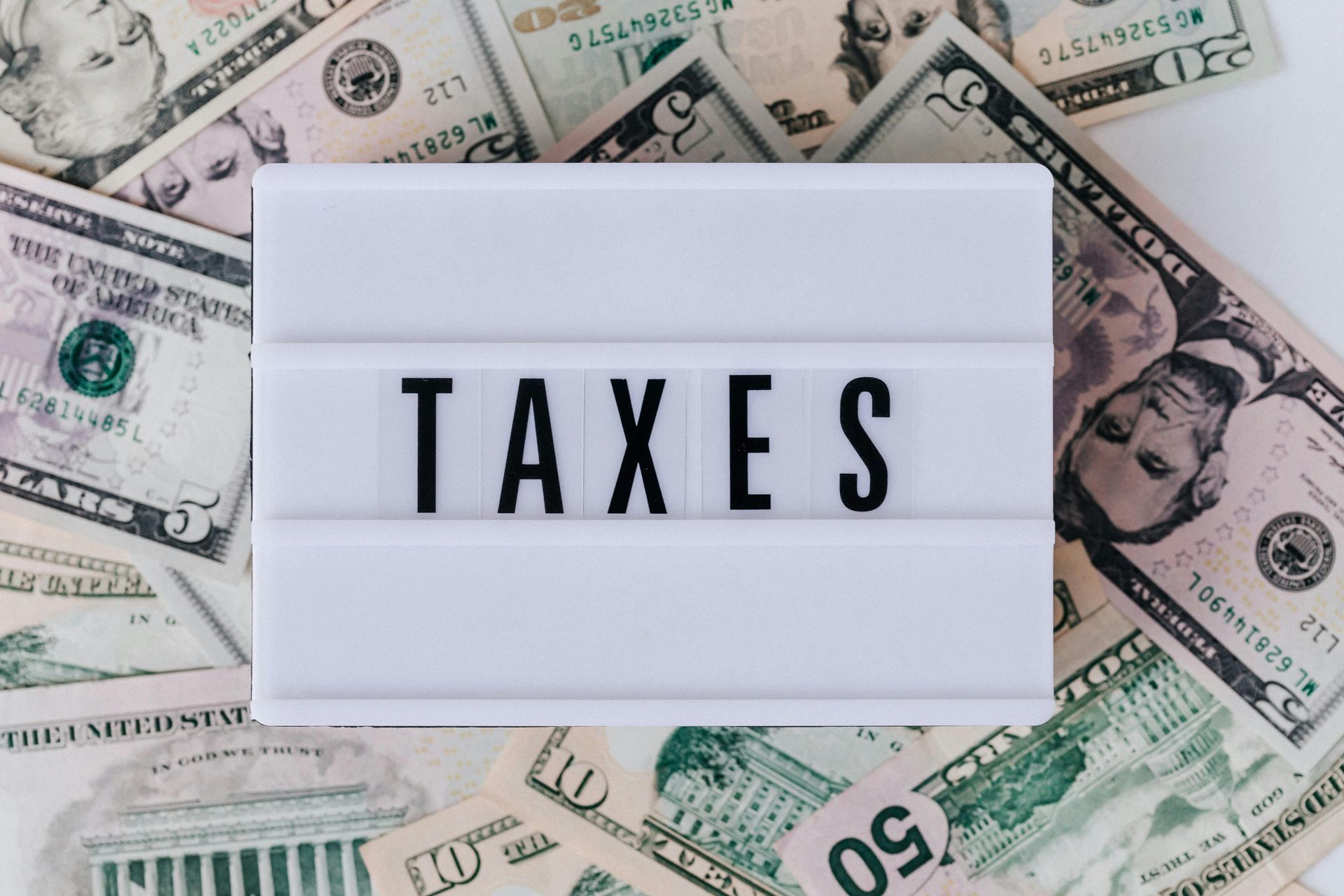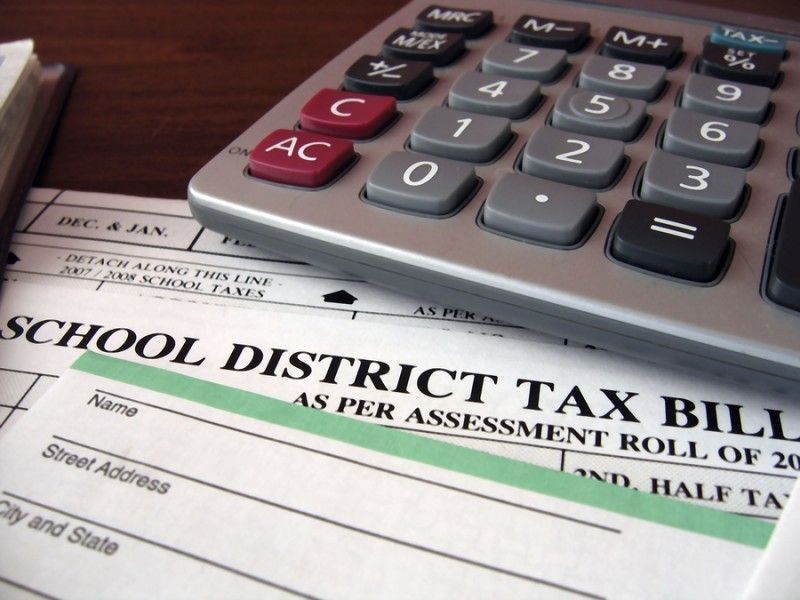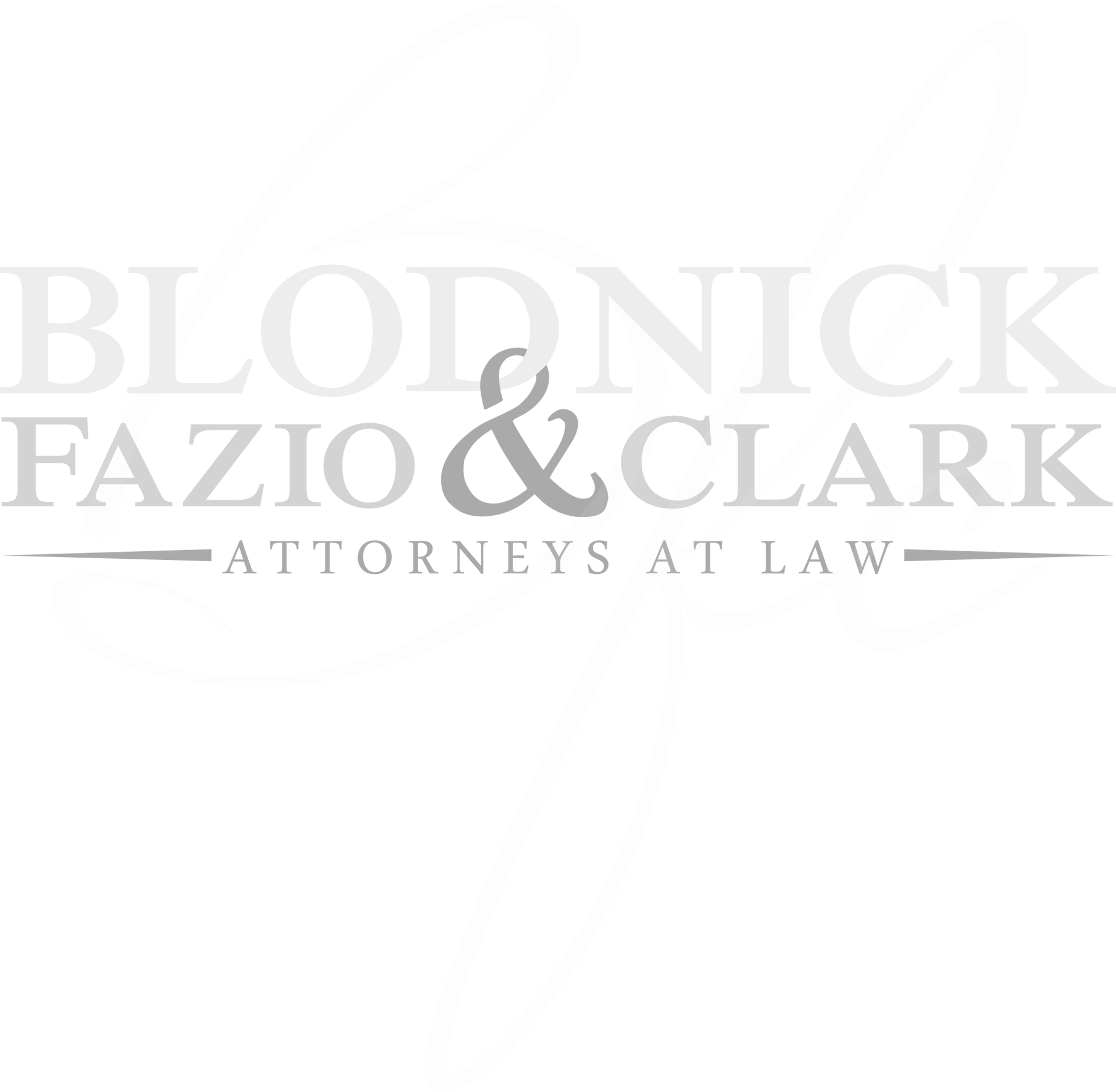Are Your Property Taxes Too High? What You Can Do About It
One of the most common questions property owners ask is: “How do I know if my property taxes are too high?” The answer often lies in your property’s assessed value.
Each year, your local assessor assigns a value to your property. This number is supposed to reflect a fair estimate of your property’s market value, and it’s what determines the amount of your real estate taxes. Therefore, if the assessor’s value is too high, you end up paying more than your fair share of taxes.
There are many reasons why a property may be over-assessed. Assessors sometimes rely on outdated records that don’t reflect renovations, demolitions, or changes in the neighborhood. In other cases, your home may have been compared to larger or more updated properties, resulting in an inflated value. And because the real estate market changes rapidly, assessments often fail to keep up with current market conditions, leaving owners paying more than their fair share in taxes.
However, filing a tax grievance allows you to challenge your assessment and seek a reduction. Through the grievance process, your attorney can present evidence such as comparable sales of similar properties in your area, expert appraisals, and other documentation of property conditions that support a lower market value (for example, needed repairs).
Even a small reduction in your assessed value can translate into thousands of dollars saved over time. Property taxes are recurring — so a fair assessment today ensures savings every year moving forward. While successfully securing a tax reduction could result in tax savings for years to come, our fee is only calculated based on the first year’s relief.
If you suspect your property has been over-assessed, don’t wait until tax bills pile up. Each county, town, village, and city in New York has strict filing deadlines for grievances. Missing them could mean waiting another year to challenge your taxes.
At Blodnick, Fazio & Clark, we focus on protecting property owners by making sure their assessments are fair. Contact us today to review your property’s assessment and see if you may be entitled to a reduction.
Recent Posts








